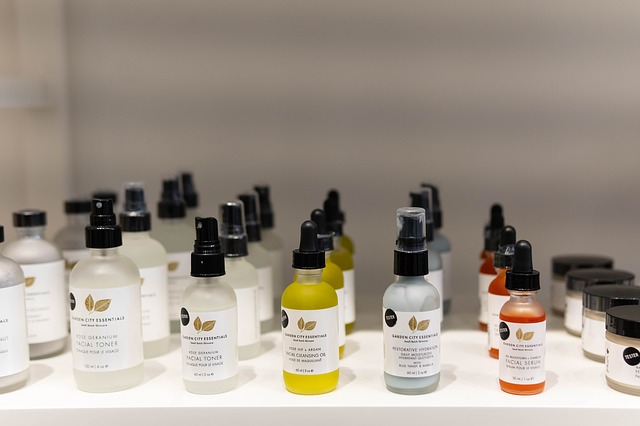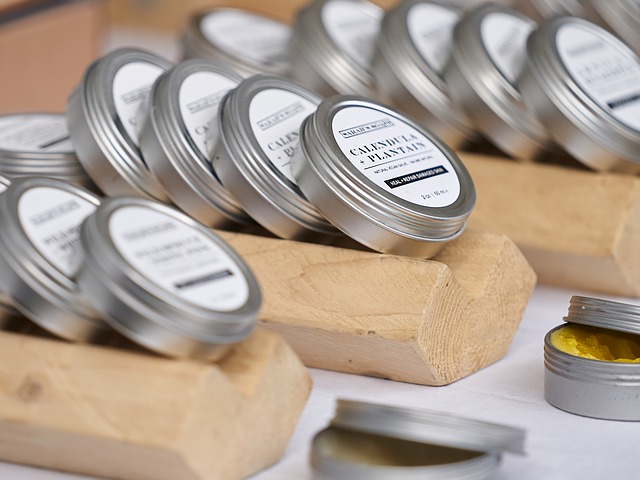Aging, which can be defined as the “time-related deterioration of the physiological functions necessary for survival and fertility,” is a process that most people would like to slow.
Some of its main causes include accumulated cellular damage caused by reactive molecules known as free radicals and the shortening of telomere, which are the structures located at the ends of chromosomes that play an important role in cellular division.
While aging is inevitable, increasing the human lifespan and slowing the aging process has been a focus of scientific research for decades. Through that research, scientists have identified a large number of substances that have anti-aging properties, many of which can be taken as supplements by those looking for natural ways to decelerate the aging process and prevent age-related disease.
1. Curcumin

Curcumin — the main active compound in turmeric — has been shown to possess powerful anti-aging properties, which are attributed to its potent antioxidant potential. Cellular senescence occurs when cells stop dividing. As you age, senescent cells accumulate, which is believed to accelerate aging and disease progression. You can increase your curcumin intake by using turmeric in recipes or taking curcumin supplements. Curcumin is the main active compound in turmeric. It may slow aging by activating certain proteins and protecting against cellular damage.
2. EGCG

Epigallocatechin gallate (EGCG) is a well-known polyphenol compound concentrated in green tea. It offers impressive health benefits, with research supporting its use to reduce the risk of certain cancers, as well as other health conditions like heart disease. EGCG can be consumed by drinking green tea or taking concentrated supplements. EGCG is a polyphenol compound concentrated in green tea that may improve mitochondrial function and promote autophagy. Green tea intake has been linked to a reduced risk of all-cause mortality.
3. Collagen
Collagen is promoted as a fountain of youth for its potential to reduce the appearance of skin aging. It’s an integral component of your skin that helps maintain skin structure. As you age, collagen production slows, leading to collagen loss in the skin that accelerates signs of aging like wrinkles. Some research suggests that supplementing with collagen may reduce signs of aging, including wrinkles and dry skin. Many types of collagen supplements are on the market, including powders and capsules. Collagen is a popular dietary supplement that may help prevent skin aging by boosting collagen levels in your skin.
4. CoQ10
Coenzyme Q10 (CoQ10) is an antioxidant that your body produces. It plays essential roles in energy production and protects against cellular damage. CoQ10 is an important antioxidant that your body naturally produces. Some research shows that supplementing with it may slow age-related physical decline and improve quality of life in older adults.
5. Nicotinamide riboside and nicotinamide mononucleotide
Nicotinamide riboside (NR) and nicotinamide mononucleotide (NMN) are precursors to nicotinamide adenine dinucleotide (NAD+). NAD+ is a compound found in every cell in your body and involved in many critical processes, including energy metabolism, DNA repair, and gene expression. NAD+ levels decline with age, and this decline is thought to be associated with accelerated physical decline and the onset of age-related diseases like Alzheimer’s. Supplementing with NMR and NR may help boost NAD+ levels in your body and prevent age-associated genetic changes.
6. Crocin
Crocin is a yellow carotenoid pigment in saffron, a popular, pricey spice that’s commonly used in Indian and Spanish cuisine. Given that saffron is the most expensive spice in the world, a more cost-effective way to boost your crocin intake is by taking a concentrated saffron supplement. Crocin, which is a pigment found in the spice saffron, shows promise as an anti-aging supplement. It may prevent cellular damage and reduce inflammation, which may promote longevity and prevent mental decline.



